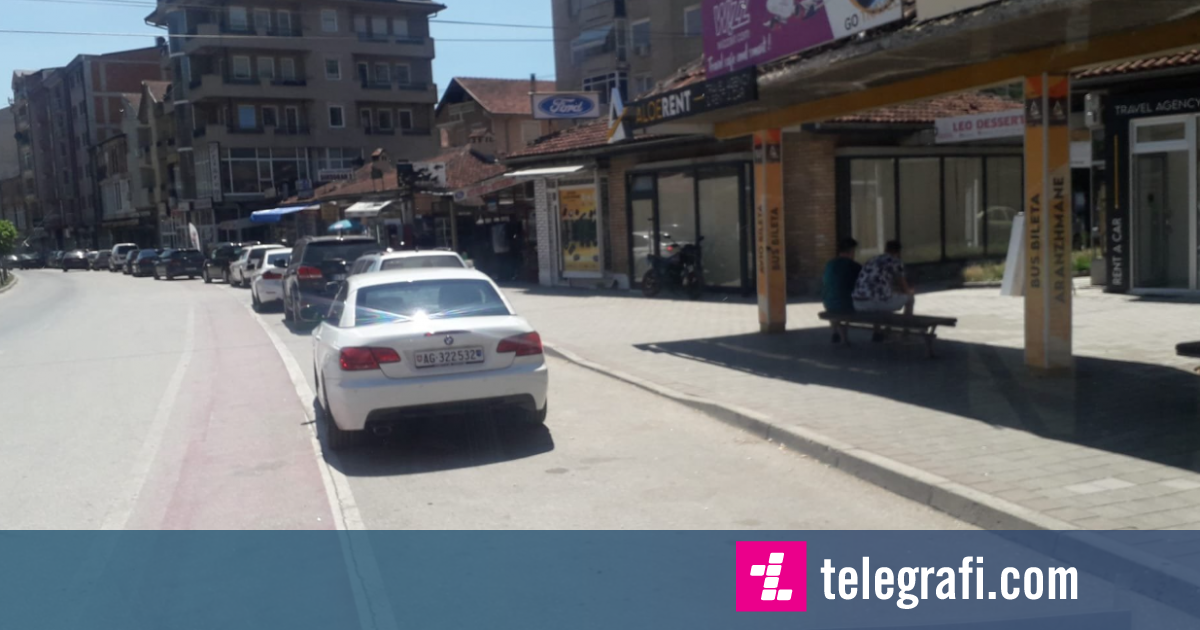The informal economy in our country cuts the state budget by more than one billion euros per year.
This has been highlighted by the study of the university professor Harun Tairi, who from the field analyzes on the informal economy, has shown that in our country it was once present from 30 to 35 percent, these firms are mainly established across the rural areas of the state.
"The consequences are great.
And what is this percentage, based on my evaluation analysis and field work, in countries in transition and Macedonia as well as the Western Balkan states, it is 30-35 percent.
And if we analyze what we said is the non-realization of the budget, that is, if we have a projected budget of 4 billion, and if we multiply it by 30-35 percent, it turns out that we have over a billion in tax revenues that society is missing, that is used by the informal sector", said Harun Tairi, University professor.
"As a first measure, non-cash payments are a powerful factor that enables the extension and expansion of informality.
The second form is the bank cards, which enables the fight against informality, and the other form is the awareness of the population.
It is a detriment to the population because less budget means less hospitals, less roads, less other social assistance," said Harun Tairi, economist.
The most pronounced informal economy is in transition states, where the beginning of privatizations and the abandonment of many workers are counted as its genesis.
According to statistics, the black or informal economy is more pronounced in Macedonia, Kosovo, Albania, and Bosnia at over 30 percent, while in European countries, this phenomenon turns out to be up to 5 percent./ Alsace.
